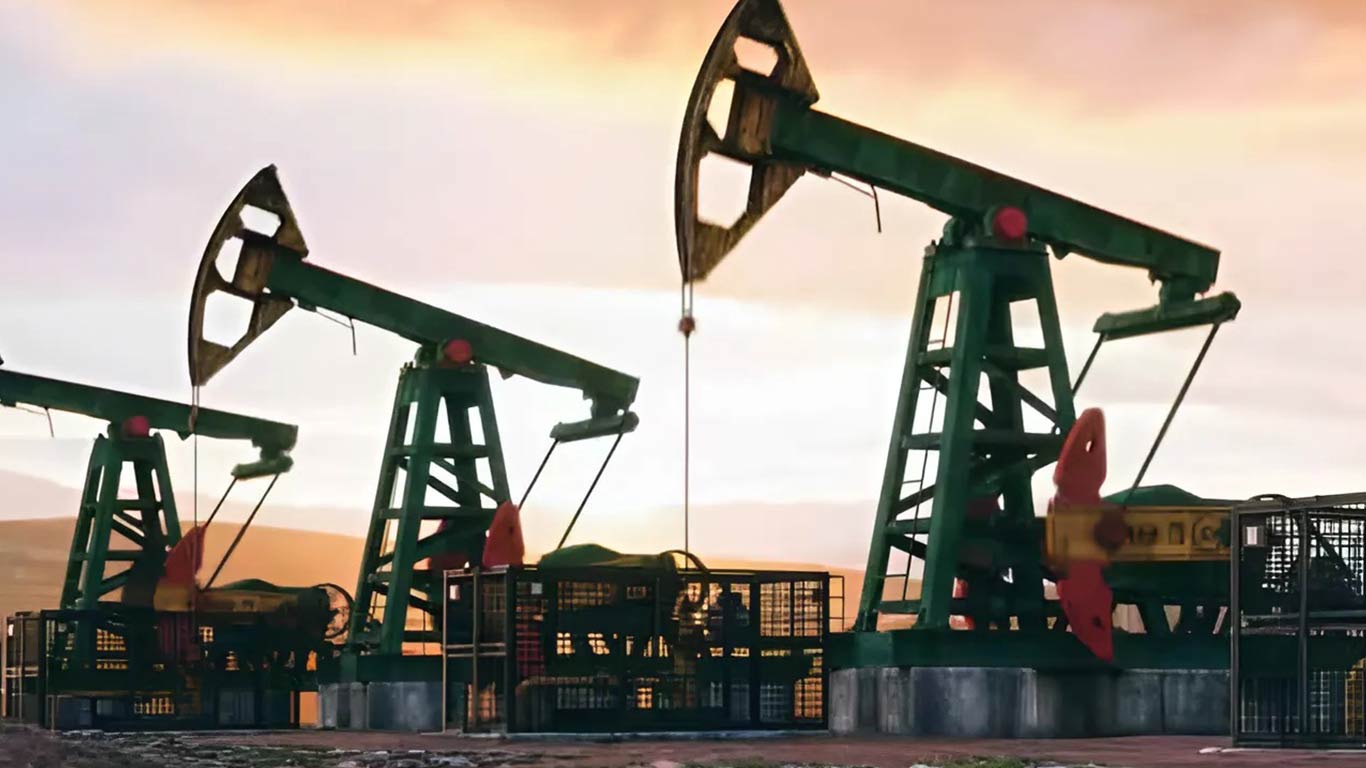Oil prices increased on Friday as softer-than-expected U.S. inflation data raised expectations of more gradual Federal Reserve interest rate increases, but worries about slowing economic growth and a rise in COVID in China kept oil trade negative for the week. After U.S. equity markets rallied, crude markets followed suit. A series of swift interest rate increases by the Fed this year was paying off, as evidenced by the CPI inflation slowing down more than anticipated in October.
Investors mostly concurred in light of the data that the central bank will increase interest rates in the upcoming months at a slower rate, relieving some of the strain on the economy. Additionally, the action devalued the dollar, helping to raise oil costs. In early Asian trading, Brent oil prices increased 0.3% to $93.96 per barrel and West Texas Intermediate crude futures increased 0.4% to $86.78 per barrel. Although both contracts recorded significant gains on Thursday following the inflation report, they were still expected to conclude the week between 5% and 6% lower.
The strongest pressure on oil prices this week came from worries about weak Chinese demand, which came as local authorities shot down rumors that the nation intended to relax its tight zero-COVID policy. Due to its disruptive anti-COVID policies, China, the largest crude importer in the world, had a decrease in demand this year, which had a significant impact on oil prices. Sentiment toward the oil markets was further affected by worries about a worldwide economic downturn brought on by rising prices and interest rates.
Even though U.S. inflation decreased more than anticipated in October, it was still much above than the Fed’s 2% annual target. This poses a significant risk to economic development, which might hinder oil consumption, along with interest rates running at their highest level since 2008. More information on the status of developed economies is anticipated to be shed by third-quarter GDP statistics from the UK, which are due later today. On the other hand, a short-term increase in petroleum prices may result from a shortening of the oil supply as a result of production restrictions and sanctions against Russia.

